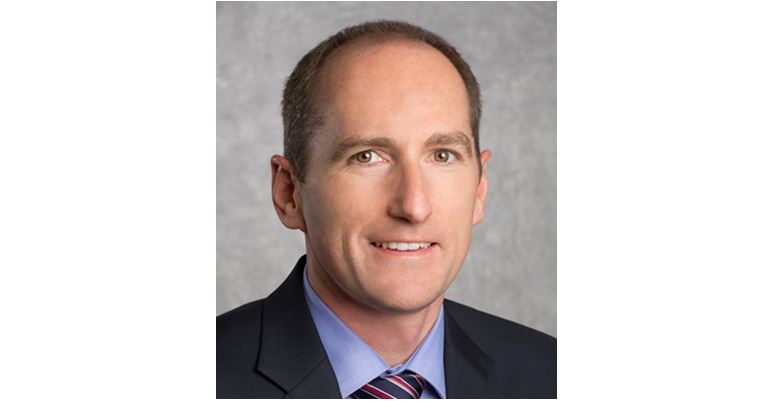ExxonMobil backpedals after Guyana boss says it can move its money elsewhere over delay in favourable 3rd project approval
ExxonMobil’s new Guyana boss Alistair Routledge was Wednesday evening forced to issue a clarification of his comments at a press conference earlier when he said the company could take its money elsewhere if its third development project, Payara, is not approved in a timely manner and in a manner that is favourable to the company.
Just a couple weeks in Guyana, coming from ExxonMobil’s operations in Qatar, Routledge invited a group of reporters for a briefing. He indicated the company was anxious for approval Payara, and said if it doesn’t come soon, the money could go elsewhere.
Facing backlash from his comments, which some saw as the company trying to threaten and bully its way through, within hours, he issued a message saying while the industry is facing unprecedented market challenges, ExxonMobil is here to stay.
“We are fully committed to Guyana, have been here for decades despite numerous risks and when other companies left,” Routledge said in a statement.
He said that ExxonMobil will continue to work closely with the government to develop the country’s resources for the long-term benefit of Guyanese and to be transparent in doing so.
The new PPP Government has brought in a team, led by a Canadian expert to review the Payara development plan and the Environmental Impact Assessment.

The Payara development plan includes a floating production, storage and offloading (FPSO) vessel, named Prosperity; it is expected to produce 220,000 barrels per day.
The development is similar to that of Liza phase 1 and 2, Payara will have up to 45 wells, including production wells, water injection wells and gas injection wells.
Routledge said further delay in approval could throw off its plans and it was hoping it could have a signal to move ahead in the coming weeks.
“The timely approval of additional proposed projects, including Payara, will ensure that the local workforce and the utilization of local suppliers will continue to grow.
“ExxonMobil’s development concept for its discoveries in Guyana meets our objective to maximize value for our partners, which includes the people and government of Guyana,” he stated.
Routledge had a few hours earlier boasted that ExxonMobil has other places it could put its money and said the contract with Guyana to explore and develop the giant Stabroek block offshore Guyana was not a sweetheart deal; in fact, he went as far as to say if it was any different, no money would be coming to Guyana, certainly not from ExxonMobil.
“If the contract was more challenging for us, then to be honest I don’t think in this environment, investment dollars would be coming to Guyana currently. It is a global business and especially in these days where commodity prices are falling, the investment dollars would flow to where it is competitive,”
What he was also very clear about is that if the Payara development plan is not given the greenlight soon, then the money it has to invest would go elsewhere.
“The Guyana portfolio is one of the better opportunities for us in the ExxonMobil portfolio, but it’s not the only one.
“And, indeed, if we don’t get the agreement as we are looking for in Payara, the investment money will go elsewhere in ExxonMobil’s portfolio.”
He was asked to clarify his position and he did, saying the same thing,
It’s not my decision – we have a corporate investment committee that makes the ultimate investment decision – but if it is not apparent that there is a willingness to move forward locally then they will look at other opportunities to invest the money elsewhere,” Routledge stated.
While it awaits to hear from the government at the conclusion of a review of the Payara plan, ExxonMobil would like its contract for the development of the Stabroek Block, which includes Payara, to remain the same, no changes.
“If we enter into contracts in a country and those are changed down the road, then it’s very difficult for us to make commitment on projects that typically have 20-30 year investment life. So how can we make those investments if we are unsure whether the terms are changed?
“So I do think it is important that everybody understand that sanctity of contract is important to the long term investment of not just ExxonMobil but any other investor considering coming into the country.”







